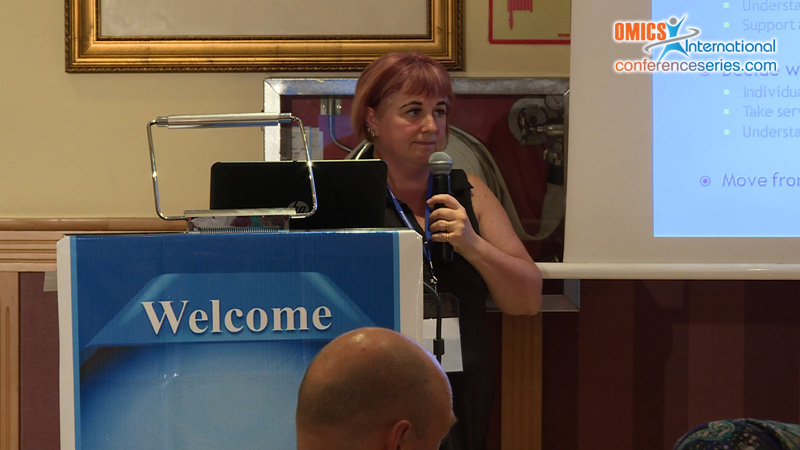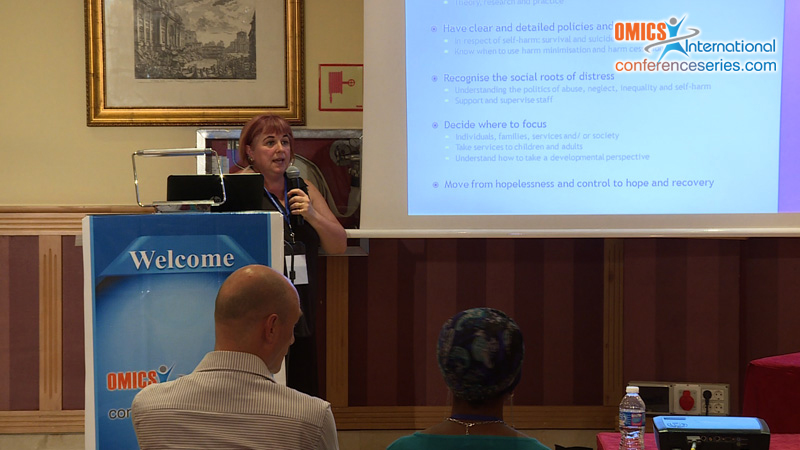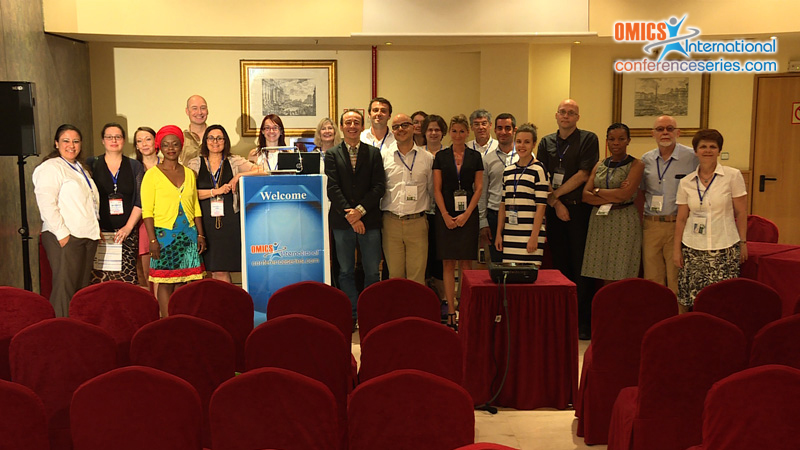
Sam Warner
Barnardos childrens charity, UK
Title: Maximizing hope and minimizing harm: Researching and working with children and adults who self-harm and self-injure
Biography
Biography: Sam Warner
Abstract
Children and adults who self-harm and self-injure present a major challenge for social care and mental health services and numerous serious case reviews in the UK and beyond have identified many areas for improvement in respect of children and adults who are at risk of suicide. Such children and adults represent a highly stigmatized, and too often misunderstood and mistreated group. I will argue that clinical research in this area has suffered from a too narrow understanding of what constitutes evidenced-based practice and this has led to an over-reliance on pre-determined outcomes; reductive behavioral goals; and an undue focus on treatment techniques. In this paper, I argue for clinical research that is flexible, user-centered and practice-based. Drawing on theory, research and clinical case studies I demonstrate the utility of triangulating knowledge from multiple data sources in understanding self-harm and self-injury. Using this triangulated knowledge-base, I identify key factors associated with self-harm and self-injury. I build on this analysis to consider what is needed in developing and delivering effective practice with children and adults who use self-harm and self-injury to cope, communicate and/ or as a means to end life. I identify key factors in determining suicide risk. I then contrast harm stopping approaches with positive risk taking and harm reduction strategies, elaborating how and when to use them. Finally, I consider the emotional cost of working with self-harm and self-injury, and the need for policy and research which embeds principles for practice, rather than fetishizes techniques.



